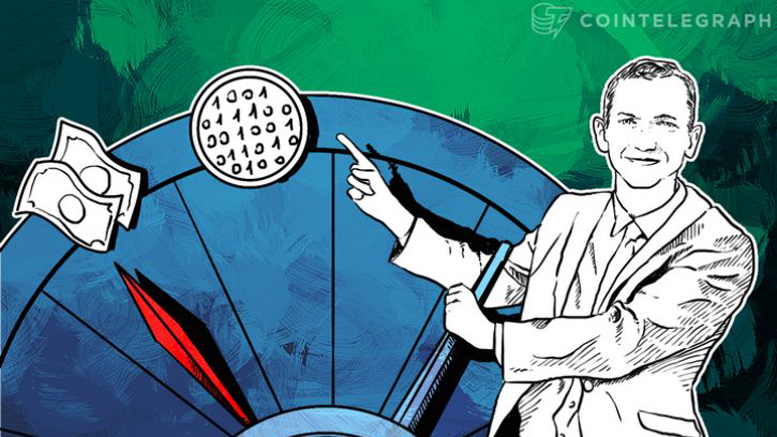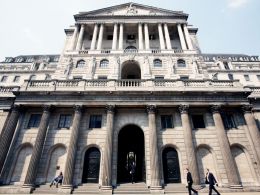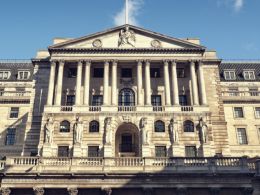
Bank of England: UK Should Ditch Fiat for Digital Currencies
Andy Haldane, the Chief Economist and the Executive Director of Monetary Analysis and Statistics at the Bank of England recently proposed that the UK should switch from a fiat to a digital currency based economy to support the UK’s economic growth. “The balance of risks to UK growth, and to UK inflation at the two-year horizon, is skewed squarely and significantly to the downside,” Haldane told Express U.K. “There could be a need to loosen rather than tighten the monetary reins as a next step to support UK growth and return inflation to target.” He added: “What I think is now reasonably....
Related News
The Bank of England has proposed the introduction of a central bank backed digital currency alongside fiat banknotes. The idea of creating a central bank backed digital currency is not a new thing. The digital currency community and central banks of various nations have floated this idea at one point or another. While most nations are yet to act upon it, the Bank of England is already doing the groundwork for such an implementation. A ‘Staff Working Paper‘ published this month as part of the research commissioned by the Bank of England reports that introduction of a Bank of England backed....
American economist Brian Wesbury has shared his thoughts on what would happen if the masses were to ditch fiat currencies and adopt bitcoin instead. He discussed whether the government would allow it to happen and how bitcoin can become a true currency. Economist Brian Wesbury Answers Question About the Masses Ditching Fiat Currencies for Bitcoin Brian Wesbury is an economist with a focus on macroeconomics and economic forecasting. He is currently the chief economist at First Trust Advisors, a financial services firm headquartered in Wheaton, Illinois. He was asked on Fox Business News....
The Bank of England’s deputy governor for monetary policy, Ben Broadbent believes that the issuance of digital currency by central banks will put commercial banking’s business model and practices at risk. He also stated that digital currencies (bitcoin etc.) are unlikely to replace established fiat currencies. Bank of England (BoE) deputy governor Ben Broadbent has claimed that switching over to digital currencies or a digital version of the sterling pound will have a negative impact on banks. In his opinion, a digital version of sterling could “impair” commercial banks’ ability to make....
The Bank of England (BoE) has published an article on the role of money in the modern economy and one topic was the future of digital currencies and payment technologies. The currency v commodity debate has been going on for a while and the Bank of England is clearly on the commodity side of the argument. "Digital currencies are not at present widely used as a medium of exchange. Instead, their popularity largely derives from their ability to serve as an asset class. As such they may have more conceptual similarities to commodities, such as gold, than money," the bank concluded. Not a....
Bank of England deputy governor for monetary policy Ben Broadbent argued in a speech today that bitcoin is unlikely to obtain widespread adoption – but that central bank-issued digital currencies could have a big impact on the global financial system. In a talk at the London School of Economics, Broadbent focused specifically on the evolving relationship between digital currencies and central banks, a topic that Bank of England staffers have broached in the past. The deputy governor dismissed the possibility that digital currencies such as bitcoin could become widely used as a payment....





